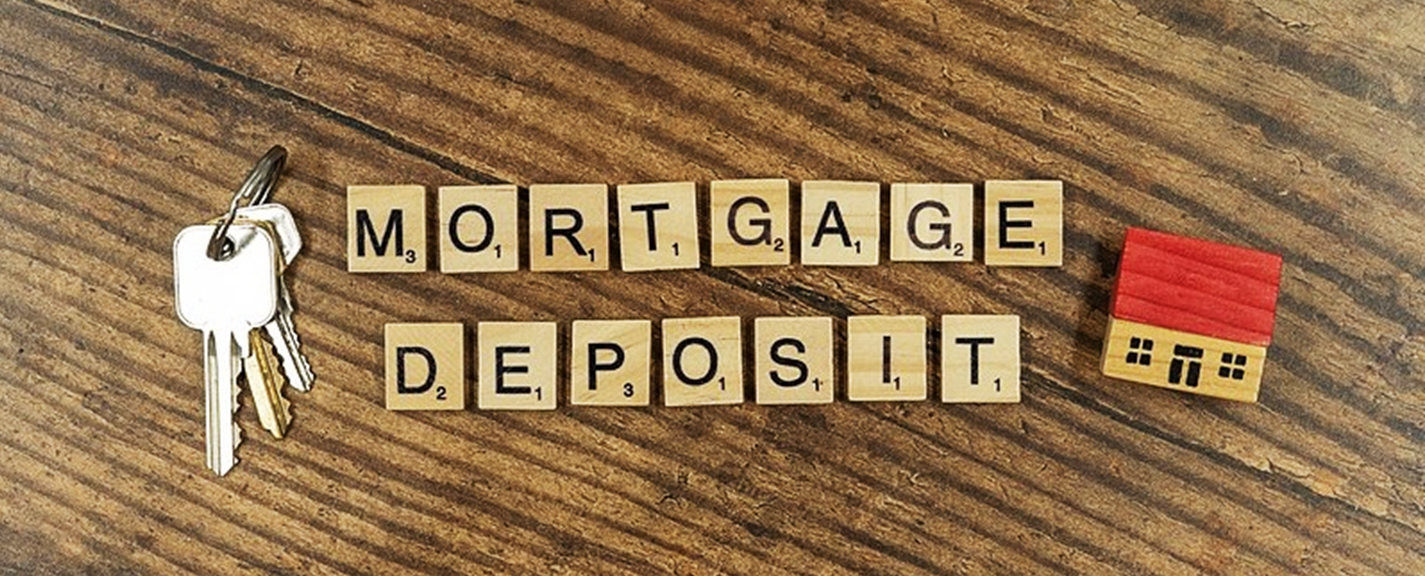Tag: Mortgage
-

FAQ: When the Divorce Decree Conflicts With the Deed
Many couples own homes together. If they ever decide to separate, they need to know what to do with their co-ownership. They could simply sell the home to solve that issue. But after a legal separation or divorce, one of the two people may want or need to stay in the home. If the deed…
-

Troubleshooting After Divorce: My Name Is Still on My Ex’s Mortgage.
Maybe your ex got your former home through your divorce. And maybe you thought it made sense to let your ex keep the loan — after all, the interest rate on it is great! And those are your kids living in the home… why make life harder for them by complicating the status of the…
-

Tapping Into Home Equity Puts a Lien on Your Deed. Consider the Risks.
Many deed holders have accumulated a lot of home equity over recent years. Financial gurus online often encourage homeowners to tap into it. After all, why not take advantage of a home’s rise in value to get cash and do something on your bucket list? But handy as they are, home equity loans do come…
-

Who Owns Your Home—You, or the Bank? Check for a “Defeasance Clause”
Defeasance? What’s that? Some home loans contain a defeasance clause. It means you’re giving up collateral. Do your home loan documents have defeasance language? If so, your lending institution holds your home’s title for as long as you owe the lender money. Although the legal owner is your lender, you are still called the homeowner.…
-
First-Time Buyers, Get Ready for These Extra Costs
Seriously? Ordinary home expenses now cost the average homeowner more than $14K every year? That’s above and beyond the owner’s mortgage loan payment, according to Zillow and the home improvement estimate company Thumbtack, in their 2023 study. Mortgage interest and high property values aren’t the only price a buyer pays. And the totality of homeownership…
-
The Big Tease: Look Out for Rising Interest on a Home Equity Line of Credit
Once you get a deed to your own home, you have special wealth-building powers. Pay off the mortgage faithfully month by month, and you own increasing home equity. This is how your home turns into value you can tap when you need or want it. A home equity line of credit (HELOC) gives you an account…
-

I’m Changing My Name. What About the House Title?
Your house title should state your current legal name. Of course, there are other documents that prove your identity. But having the correct name on the title will save steps when you want to sell or take a loan out on your home. So here’s a brief guide to changing the title to your home…
-

Divorce, Property Division, and the Quitclaim Deed
Parting of the Ways Co-ownership of a house can unwind in several ways. One way is through divorce proceedings. You might be wondering how this works, and what kind of decisions have to be made. You might have questions about passing the home to your ex using a quitclaim deed. Here are some of the…
-

Marriage and the Quitclaim Deed
When is a quitclaim a good way to transfer a whole or partial interest in a home? In a simple transaction among familiar parties. Especially where no money changes hands. No wonder quitclaim deeds are often used between spouses. Here, we take a look at a variety of ways quitclaims can convey property between partners…









